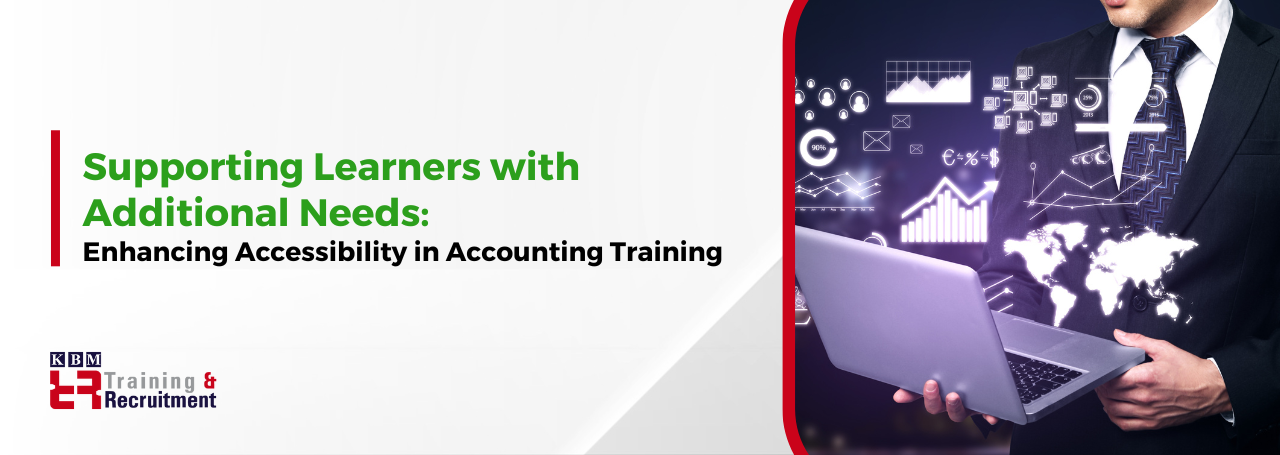As an accountant, you'll deal with a lot of different taxes. HMRC (His Majesty's Revenue and Customs) is the UK's tax authority, and understanding how it works is crucial for guiding your clients and helping them meet their obligations. It can feel overwhelming if you don't know the ins and outs, but breaking it down into key areas can make the process much easier. Here's a guide to the most critical tax information every accountant should know.
Understanding HMRC
HMRC collects taxes and ensures that individuals and businesses follow tax laws. It's a good idea to inform yourself about any modifications they implement. As an accountant, you'll frequently advise your clients on how to get through the system—understanding how taxes like income tax, VAT, and corporation tax work will help you keep clients in line and prevent errors.
Income Tax
One of the most common taxes accountants deal with is income tax. This tax applies to people's money, whether from their salary, interest, or dividends. To help your clients, you need to know the different income tax bands and allowances and how they impact what your clients pay. Understanding personal allowances, like the basic personal allowance, is key here. You'll also need to know how different deductions work so your clients don't pay more tax than they need to.
Corporation Tax
Corporation tax is the tax that UK businesses pay on their profits. As an accountant, you'll help companies calculate their corporation tax and submit their returns to HMRC. Knowing which costs businesses can deduct and how to calculate profits accurately is essential. Keeping up with tax rates and the rules on allowable expenses ensures companies only pay what they owe.
VAT
VAT (Value Added Tax) is another tax that accountants must handle. If your client's business turnover exceeds the VAT threshold, they must register for VAT. Different VAT rates—standard, reduced, and zero—apply to various goods and services. As an accountant, you'll need to ensure that your client's business is charging VAT correctly, managing VAT returns, and understanding how VAT works in domestic and international transactions.
National Insurance
National Insurance (NI) contributions are payments made to the UK government to fund state benefits, including pensions. As an accountant, you need to know the different classes of NI contributions and how to calculate them for your clients. You'll also need to stay on top of employee and self-employed rates. Getting these calculations wrong can result in penalties, so accuracy is key.
Self-Assessment
Self-assessment is how businesses and individuals notify HMRC of their income. It's necessary for self-employed clients. Accountants must ensure that clients get their self-assessment tax returns in correctly and on time. Don't forget, the deadline for online ones is typically 31st January. It's one place where errors can occur, so you must be careful and check everything twice before submitting.
PAYE
PAYE (Pay As You Earn) is the system employers use to deduct tax and National Insurance from their employees' wages. Accountants will help businesses calculate PAYE correctly, make the appropriate deductions, and pay the correct amount to HMRC. Employers also need to keep track of employee benefits, such as company cars, as these can affect PAYE calculations.
Capital Gains Tax
Capital Gains Tax (CGT) comes into play when someone sells an asset, such as property or shares, for a profit. If the person or business makes a profit, CGT may apply. As an accountant, it's your job to help clients calculate their capital gains and find ways to reduce their tax liabilities. You'll also need to know the exemptions and reliefs available, such as private residence relief for individuals selling their main home.
Understanding Tax Avoidance vs. Tax Evasion
You must understand the difference between tax avoidance and tax evasion. Tax avoidance is legal and entails employing methods to minimise tax payments, while tax evasion is unlawful. Accountants must constantly counsel clients against tax evasion since such activities attract severe punishment and criminal prosecution. It's important to give explicit counselling on acceptable legal tax-saving plans to prevent the client from making expensive errors.
HMRC's Online Services
HMRC provides online tools that ease tax management for clients and accountants. As an accountant, you'll use HMRC's online portal to submit tax returns, pay taxes, and view clients' records. Properly using these online facilities can save time and reduce tax submission errors. Keeping track of deadlines and ensuring your clients do not miss significant dates is necessary.
The Bottom Line
Don't get bogged down in HMRC's tax regime. You can confidently advise your clients with a thorough grasp of the principal taxes, such as income tax, corporation tax, VAT, and National Insurance. Being up-to-date on HMRC's regulations and utilising their online facilities will save you time and mean that your clients remain on the right side of the tax legislation. As an accountant, your work assists clients with their finances and prevents expensive tax mistakes.






















